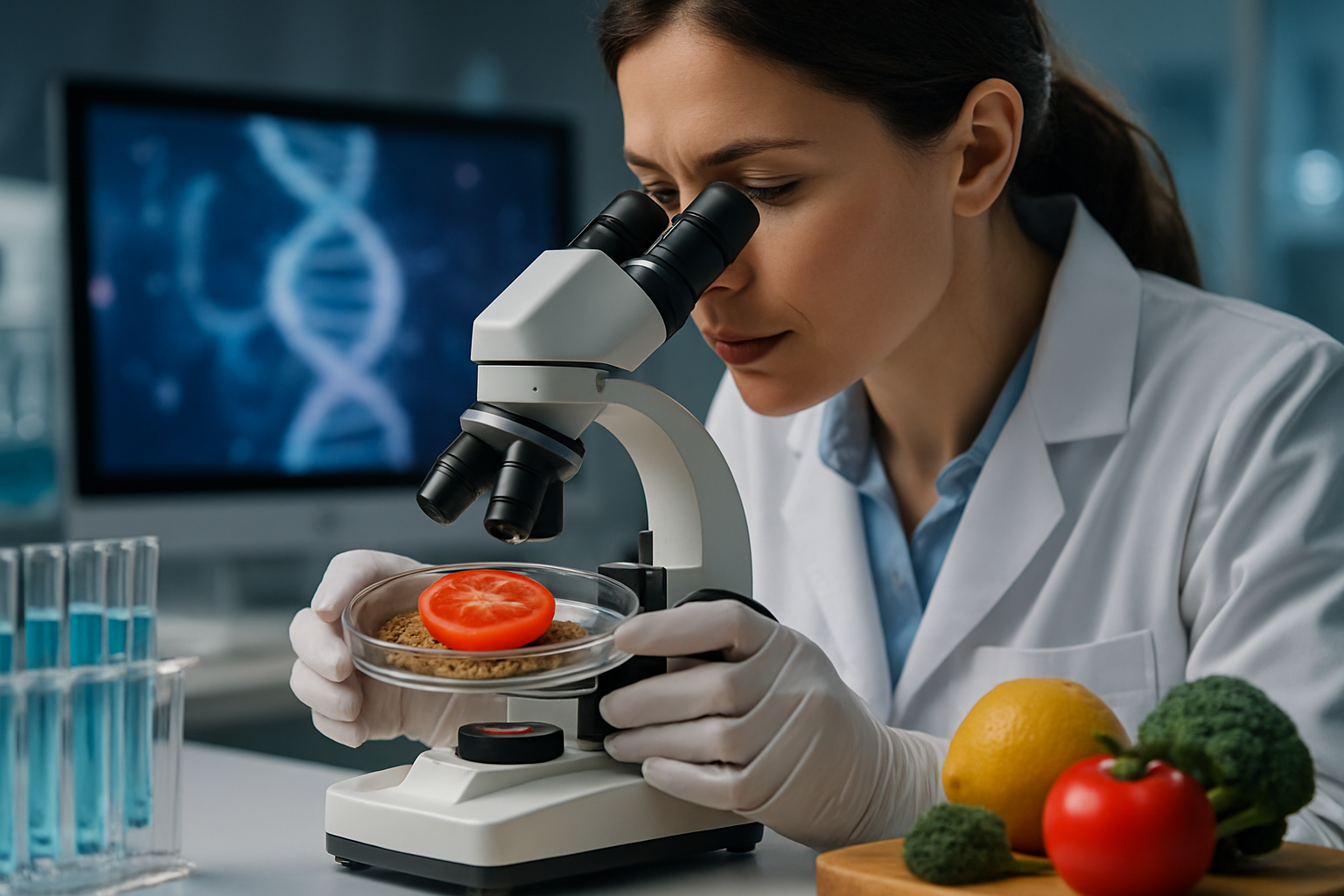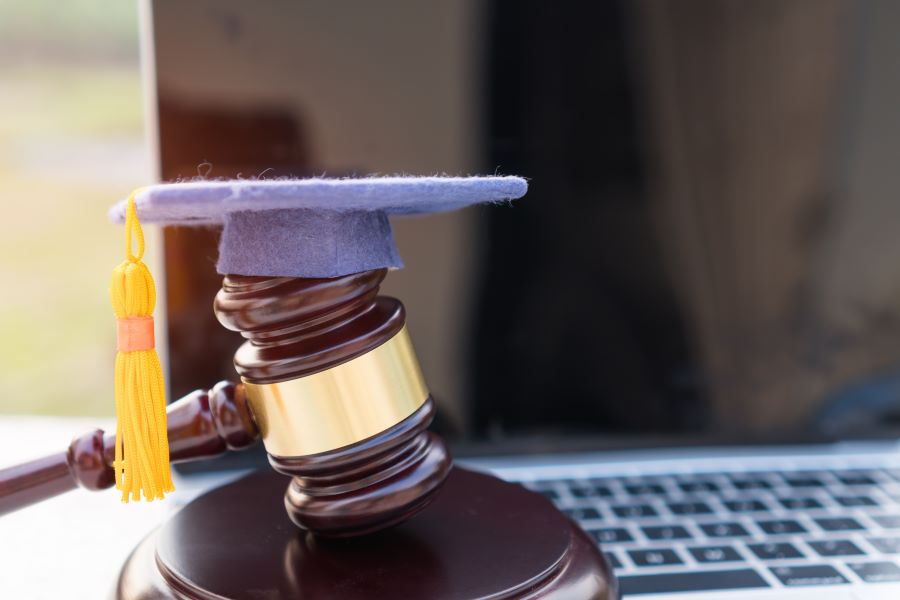Exploring the Legal Landscape of Synthetic Biology
The intersection of law and synthetic biology presents a fascinating frontier in modern jurisprudence. As scientists push the boundaries of genetic engineering and artificial life creation, lawmakers and ethicists grapple with unprecedented legal and moral questions. This article delves into the evolving legal framework surrounding synthetic biology, examining its implications for patent law, biosafety regulations, and ethical governance.

Patent Law and Synthetic Biology
One of the most pressing legal issues in synthetic biology revolves around intellectual property rights. The patentability of synthetic biological creations raises complex questions about the nature of invention and the limits of patent protection. Courts have grappled with determining whether artificially created DNA sequences, synthetic organisms, or bioengineered processes qualify as patentable subject matter. The landmark case of Association for Molecular Pathology v. Myriad Genetics, Inc. in 2013 set a precedent by ruling that naturally occurring DNA sequences are not patentable, while synthetic complementary DNA (cDNA) can be patented. This decision has had far-reaching implications for the synthetic biology industry, shaping research strategies and commercial development.
Biosafety Regulations and Oversight
As synthetic biology pushes the boundaries of what is biologically possible, concerns about biosafety and biosecurity have come to the forefront of legal discussions. Regulatory bodies such as the FDA, EPA, and USDA are tasked with developing and enforcing guidelines to ensure the safe development and use of synthetic biological products. These agencies must balance the potential benefits of synthetic biology with the risks of unintended consequences or malicious use. The Cartagena Protocol on Biosafety, an international agreement, provides a framework for the safe handling, transport, and use of living modified organisms resulting from biotechnology. However, as synthetic biology continues to advance, lawmakers face the challenge of adapting existing regulations and creating new ones to address novel risks and scenarios.
Ethical Governance and Public Policy
The ethical implications of synthetic biology have sparked intense debate among policymakers, scientists, and the public. Legal frameworks are being developed to address concerns such as the creation of artificial life, the modification of human embryos, and the potential environmental impacts of releasing synthetic organisms into ecosystems. The Presidential Commission for the Study of Bioethical Issues in the United States has provided recommendations for the ethical conduct of synthetic biology research and development. These guidelines emphasize the importance of responsible stewardship, democratic deliberation, and intellectual freedom while acknowledging the need for ongoing assessment and adaptation of regulatory approaches as the field evolves.
International Cooperation and Harmonization
The global nature of synthetic biology research and its potential impacts necessitate international cooperation in developing legal frameworks. Efforts are underway to harmonize regulations across countries to facilitate scientific collaboration while ensuring adequate safeguards. The Convention on Biological Diversity and its protocols provide a platform for international dialogue on the governance of synthetic biology. However, disparities in national laws and regulatory approaches pose challenges to achieving a cohesive global framework. Legal scholars and policymakers are working to bridge these gaps and develop international standards that can adapt to the rapid pace of scientific advancement in synthetic biology.
Future Legal Challenges and Opportunities
As synthetic biology continues to evolve, new legal challenges are likely to emerge. The potential creation of entirely synthetic genomes, the development of artificial organisms with enhanced capabilities, and the integration of synthetic biology with other emerging technologies like artificial intelligence will require innovative legal approaches. The legal community must stay abreast of scientific developments and work closely with researchers, ethicists, and policymakers to develop adaptive and forward-thinking legal frameworks. This collaboration will be crucial in ensuring that the law can effectively govern the rapidly advancing field of synthetic biology while fostering innovation and protecting societal interests.





